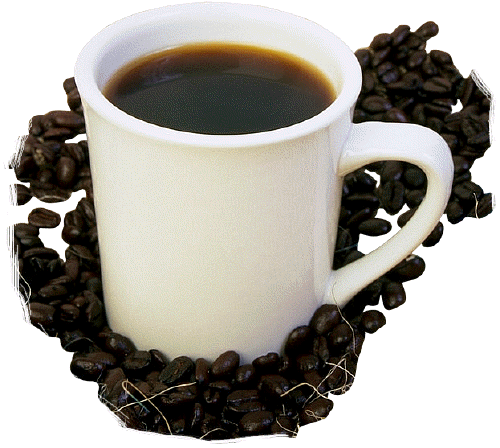- WATCH YOUR DIET: Eat food high in calcium, magnesium, phosphorus, and potassium since these nutrients are depleted by stress. Limit meats and other animal proteins and eat lots of fruits, grains, and vegetables instead.

- AVOID CAFFEINE: Caffeine can trigger panic attacks so avoid coffee, chocolate, some sodas and some teas, and other products containing caffeine.
- AVOID REFINED SUGARS AND SIMPLE CARBOHYDRATES: Cut simple sugars, carbonated soft drinks and alcohol out of the diet.

Lifestyle Changes

Medical Options and Precautions
PSYCHOTHERAPY: The two main types are behavioral therapy (breathing exercises and exposure to whatever frightens the patient) and cognitive-behavioral therapy (teaches patients to react differently to stress).
MEDICATION:
- Antidepressants: Selective Serotonin Reuptake Inhibitors are slow acting and may not take effect for several weeks after beginning use. Tricyclic Antidepressants can cause weight gain, sleepiness, constipation, and headache. Monoamine oxidase inhibitors can cause severe high blood pressure if taken with red wine, cheese, beer or other foods containing tyramine and may cause dangerous interactions when taken with certain non-prescription drugs such as certain cold remedies.
- Anti-anxiety drugs: Benzodiazepines are addictive and the patient can develop a tolerance for the drug so that it eventually stops working for them entirely. Azapirones are less effective than benzodiazepines but do not induce tolerance. Beta-blockers do not cause depression or sleepiness.
All of the above medications are meant to relieve the symptoms of anxiety disorders, not cure them, and each medication comes with its own set of side effects.

|
 Knowledge gives a person many options for managing anxiety disorders and
they can then personally take charge of the effect this disease is having on their life.
Knowledge gives a person many options for managing anxiety disorders and
they can then personally take charge of the effect this disease is having on their life.
